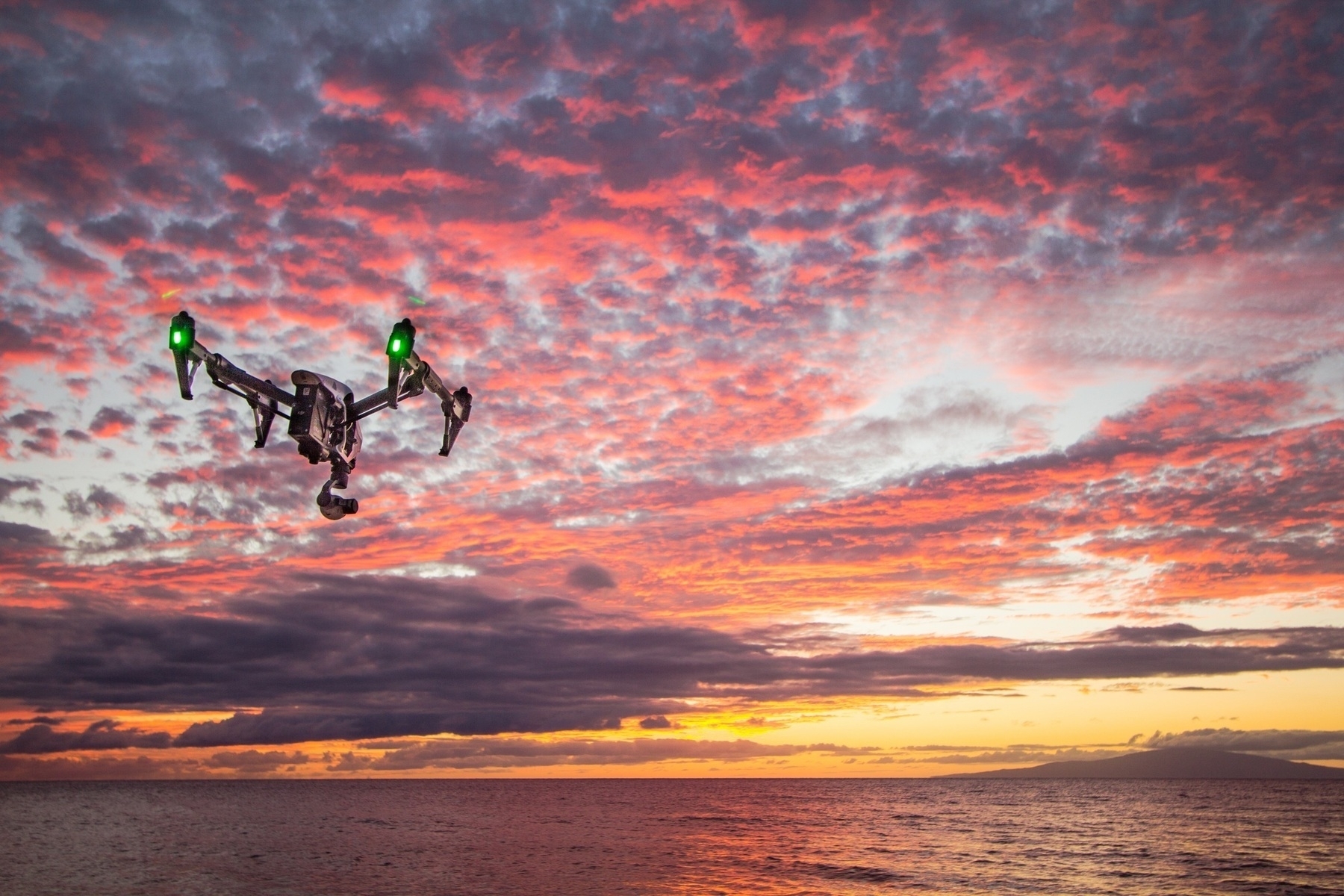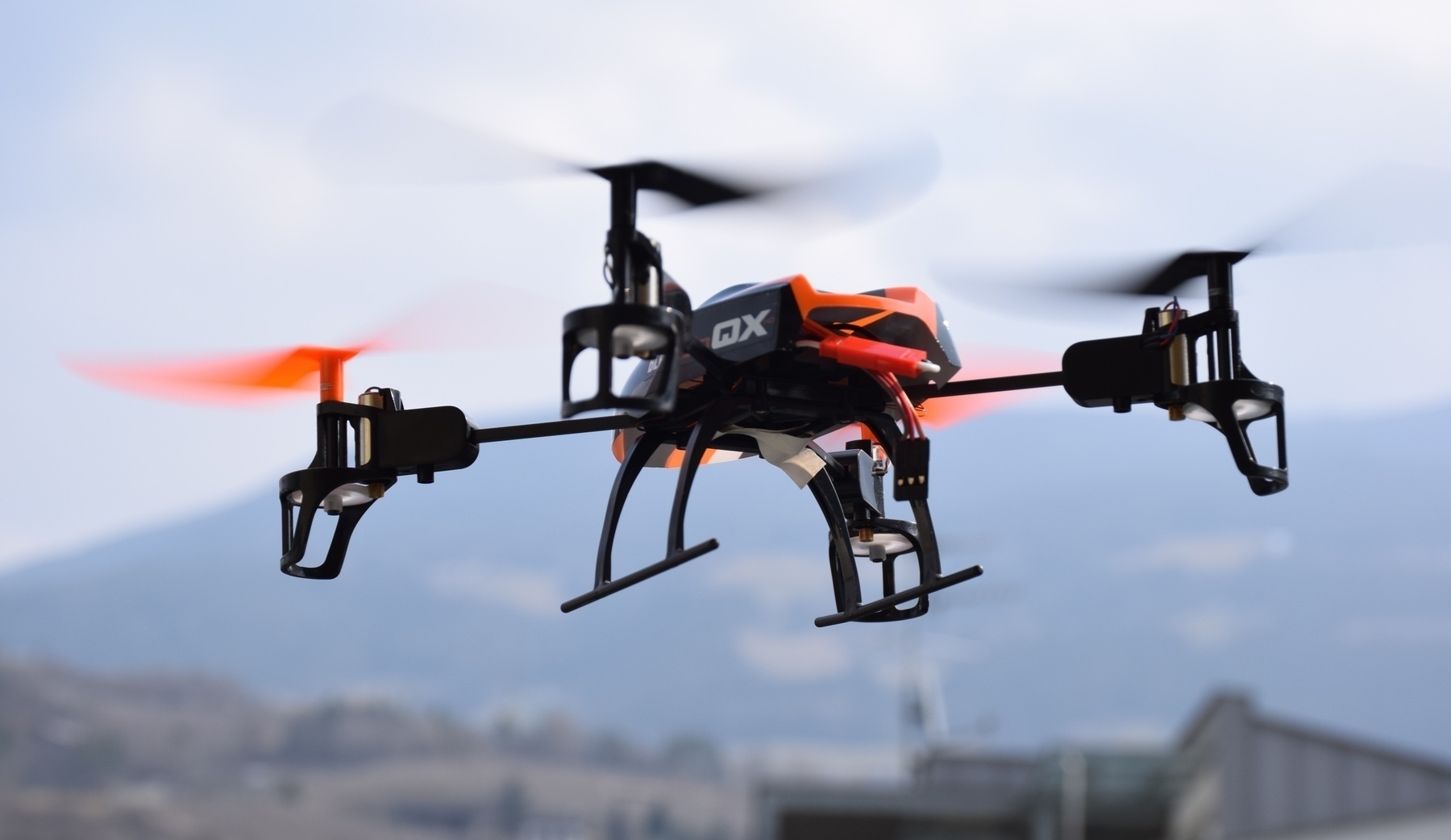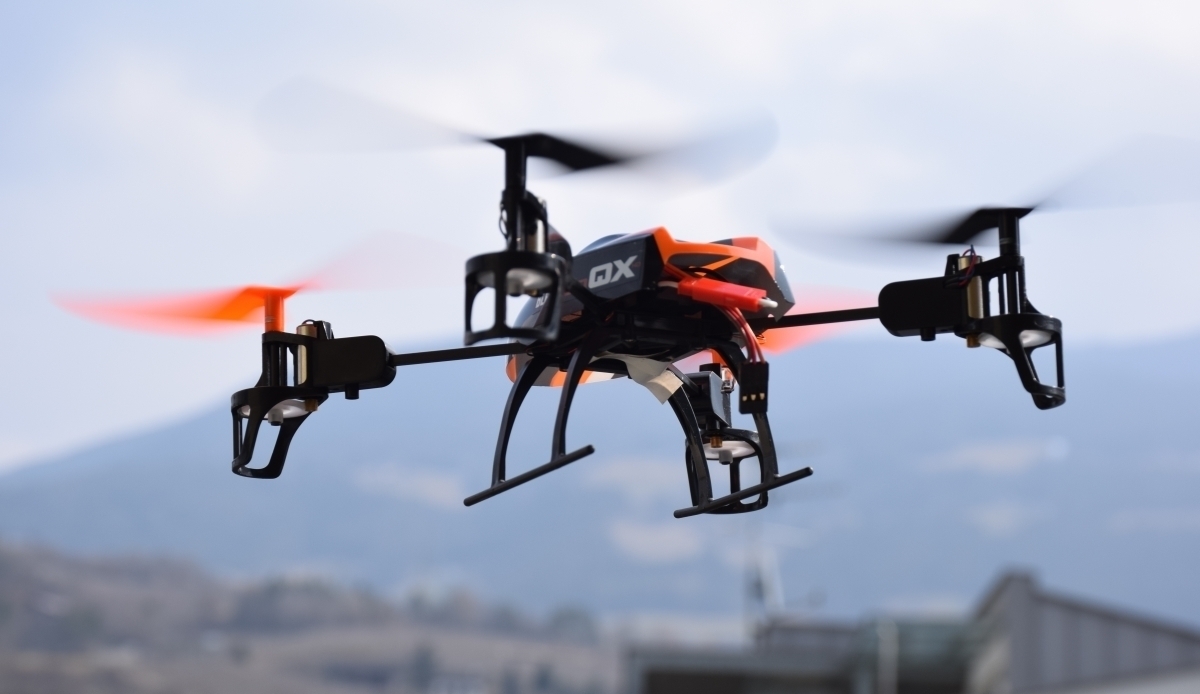Restraining orders in the age of drones
Tuesday, November 24, 2015
Today Joshua Goldman of CNET reports that the FAA recommends requiring drone pilots to register instead of registering every single drone:
On November 21, the FAA task force made its registration recommendations, and instead of keeping track of each and every drone out there, it suggested registering the names and street addresses of the pilots (mailing address, email address, phone number and serial number of the aircraft are optional). The registration requirement will apply to any UAS less than 55 pounds (25kg) and heavier than half a pound (250 grams) and owners must be at least 13 years old. A parent or guardian can register for anyone younger than 13 years old.
That makes perfect sense to me. I am concerned, however, about the implications for drone use when it comes to what are widely known as restraining orders, although in Pennsylvania they are called protection from abuse orders. The function of such orders is simple: make the defendant’s physical proximity to or remote contact via telephone or third parties with the plaintiff an indirect criminal contempt. This triggers the ability to sanction and if necessary imprison a violating defendant.
As you can imagine, these are especially useful in domestic violence situations, custody disputes and stalking circumstances. Pennsylvania orders can last up to three years based on the judge’s discretion, while New Jersey orders can theoretically last forever. Importantly, in both states a protection order prohibits the defendant from owning or receiving firearms. The goal is obvious: you don’t want a nutcase kept 100 yards from his ex-wife by a protective order to have a gun with three times that range with which to attack her.
This is where my concern about drones comes into play. I think FAA registration of drone pilots is a great idea. However, the surveillance and yes, even remote attack capabilities of drones require the prohibition of their use by defendants in protection order matters. The FAA maintains a public-facing database of registered aircraft pilots in three categories, Airline Transport Pilot, Commercial Pilot and Private Pilot. It could add a fourth category, Drone Pilot. Then it could add registration information to its Web Services, for which it provides an API with which developers can interface with the data and present it to end users.
This would allow authorities to cross-reference their own protection order registries, like Pennsylvania’s Protection From Abuse Database, with the FAA registration information and remove drones when the state police remove firearms from the defendant’s possession. Drones are an awesome technology but their value to filmmakers, scientists and geeks generally shouldn’t blind to the fact that they can be put to nefarious uses as well.


